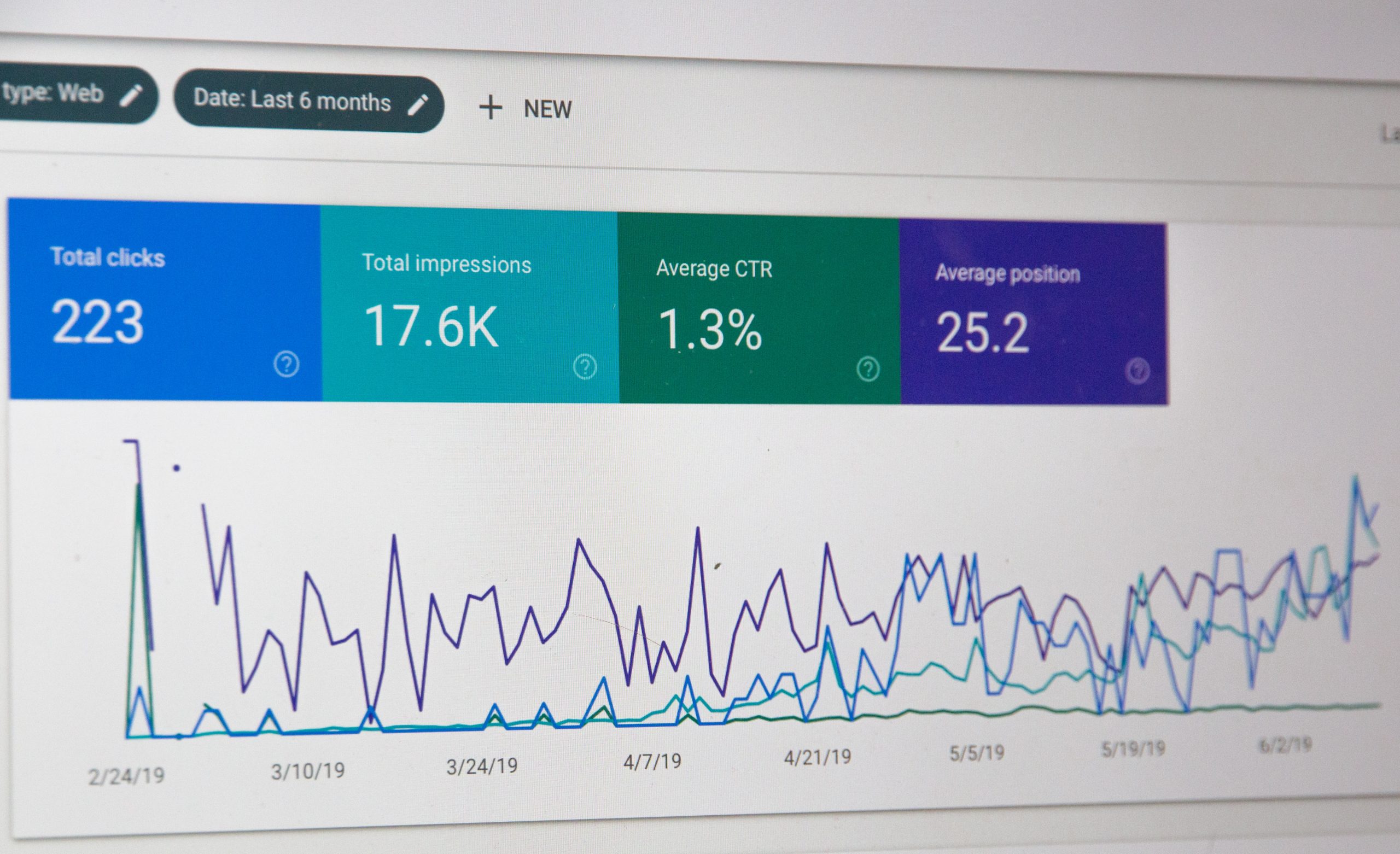In today's digital age, virtual marketing has become a vital component for businesses of all sizes. With the rise of the internet, social media, and other online platforms, virtual marketing is now one of the most effective ways to reach a large audience quickly and cost-effectively.
What is virtual marketing?
In simple terms, it is the process of promoting and advertising products or services through digital channels.
These channels include social media platforms, email marketing, search engine optimization (SEO), pay-per-click (PPC) advertising, content marketing, and many others.
Virtual marketing has several advantages over traditional marketing methods, such as print ads or television commercials. For starters, it allows businesses to target specific audiences with precision, using data-driven strategies to ensure that their marketing efforts are reaching the right people. Additionally, virtual marketing is generally more cost-effective than traditional marketing methods, making it an ideal option for businesses with limited budgets.

Virtual Marketing Channels
One of the most popular virtual marketing channels is social media. Platforms such as Facebook, Twitter, and Instagram allow businesses to reach millions of potential customers with a single post. Social media also allows businesses to interact with their customers directly, which can help build brand loyalty and increase customer engagement.
Another popular virtual marketing channel is email marketing. By sending out regular newsletters or promotional emails, businesses can keep their customers informed about new products, sales, and other updates. Email marketing can be highly effective when using a remarketing strategy, but it's important to avoid spamming customers or sending too many emails, as this can lead to customers unsubscribing.

Search Engine Optimization (SEO) is another crucial aspect of virtual marketing. By optimizing their website for search engines, businesses can increase their visibility online and attract more traffic to their site. SEO involves using keywords, metadata, and other techniques to improve a website's search engine ranking, making it more likely that potential customers will find the site when searching for relevant products or services.
Pay Per Click advertising is another effective virtual marketing strategy. This involves paying to place ads on search engines, social media platforms, and other online channels. Businesses only pay when someone clicks on their ad, making it a cost-effective way to reach a large audience quickly.
Content marketing is also becoming increasingly popular in the virtual marketing world. This involves creating high-quality content such as blog posts, videos, and infographics that provide value to potential customers. By sharing this content on social media and other platforms, businesses can increase their visibility online and establish themselves as industry leaders. Content marketing can be one of the best activities in marketing your small business because you can create and distribute the content yourself.
Virtual Marketing Done Right
One example of a business that has successfully implemented virtual marketing is Dollar Shave Club. This online subscription-based razor company has used social media to its advantage, creating viral videos that have been shared millions of times on YouTube and other platforms. By using humor and creativity in its marketing efforts, Dollar Shave Club has been able to establish itself as a leader in the razor industry, attracting millions of customers in the process.
Another example of a business that has used virtual marketing to its advantage is Airbnb. This online platform for booking vacation rentals has used social media and other channels to create a community of travelers and hosts. By leveraging user-generated content and emphasizing the unique experiences that Airbnb offers, the company has been able to establish itself as a go-to destination for travelers around the world.
So, how can small business owners implement virtual marketing strategies in their own businesses? Here are a few tips to get started:
- Identify your target audience. Who are your customers, and what channels are they using to find products or services like yours?
- Develop a virtual marketing plan. This should include goals, target channels, and a timeline for implementation.
- Use social media to your advantage. Create engaging content that resonates with your target audience and share it on social media platforms such as Facebook, Twitter, and Instagram.
- Optimize your website for search engines. Use keywords and other SEO techniques to improve your website's ranking on search engine results pages.
- Use email marketing to stay in touch with your customers. Send out regular newsletters or promotional emails to keep them informed about new products, sales, and other updates.
- Consider implementing PPC advertising to reach a wider audience quickly. This can be a cost-effective way to attract new customers and drive traffic to your website.
- Create high-quality content that provides value to potential customers. This can include blog posts, videos, infographics, and more. By sharing this content on social media and other platforms, you can establish yourself as an industry leader and attract new customers in the process.
Conclusion
Virtual marketing is an essential component for businesses of all sizes in today's digital age. By leveraging digital channels such as social media, email marketing, SEO, PPC advertising, and content marketing, businesses can reach a larger audience quickly and cost-effectively. By following the tips outlined in this article, small business owners can implement virtual marketing strategies in their own businesses and attract new customers in the process.
